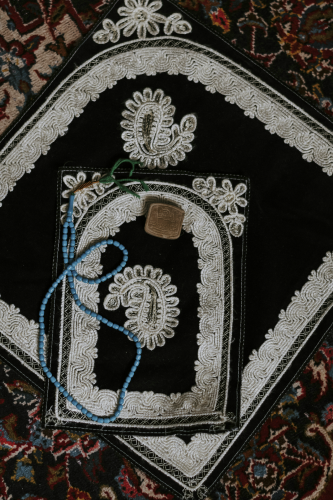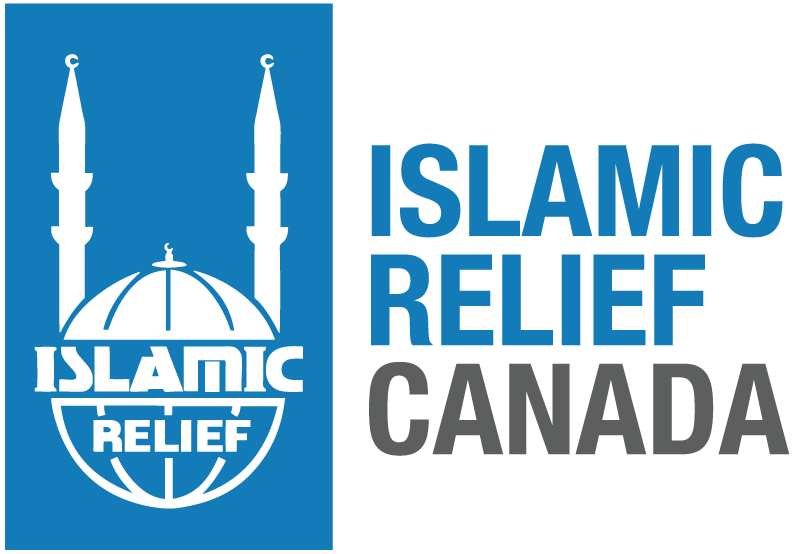About MiCA
The Muslims in Canada Archives (MiCA) is a participatory archive uniquely designed to document and share the history of Muslims across Canada.
Our goal is to preserve the history and documentary heritage of Muslims in Canada through acquiring, organizing, preserving, and making accessible records of and about Canadian Muslim individuals and organizations.

Why we exist
MiCA fills a gap in Canada’s recorded history about its Muslim populations
MiCA exists because there is a gap in the documented heritage of Muslims in Canada, as shown in our environmental scan. Despite the contributions that Muslims have made to Canada since the 1800s, their histories are often missing within Canada’s institutional archives. While these institutions would like to have records about Muslims, they’re not always able to do so for two reasons:
- Limited resources and capacity — the institutions have a limited amount of resources and capacity needed to develop the relationships, the outreach programs and the processes that cater specifically to Muslim individuals and communities.
- Missing cultural knowledge — the institutions don’t necessarily have the cultural knowledge and familiarity needed to document these records in a way that reflects the Muslim experience in Canada.
MiCA is designed to fill this gap in documenting the heritage of Muslims in Canada, while helping improve the capabilities of Canada’s many institutions in representing its diversity in archive collections.
What we do
MiCA focuses on Muslim individuals and communities; their history, lives, and experiences. We create these archives through four key activities:


How we do it
Community Consultation
MiCA has been developed in close consultation with various Muslim communities to represent the range of diversity amongst Muslims in Canada. We also consult with archival organizations and industry associations to ensure that our services uphold professional standards and best practices. At MiCA, we make a point of placing the unique needs and voices of the people we serve at the centre of all our activities.
Outreach & Education
We develop programming and educational resources to help our communities and stakeholders understand the value of archives and the significant role it plays in documenting our rich histories. We’re excited about the opportunities to expand our outreach and education programming to new horizons with schools, community centres, and record creators. Contact us to learn more about potential outreach collaborations.
Institutional Relationships
We pursue key relationships that enable MiCA to document the rich histories of Muslims in Canada. Our collaborations are developed to support our various activities from the logistics of storage to the academic resources afforded by the University of Toronto. MiCA is grateful to its shared community.
Grants & Funding
The MiCA project is grateful for the grants and funding it receives from its institutional stakeholders. As a community archive, we pursue funding from various sources: governmental, civic society, and private. We continue to strengthen our funding to ensure MiCA is a permanent fixture of our cultural landscape.
Our partners
MiCA is a collaborative project involving Canadian individuals, universities, and community organizations working in concert to preserve a diverse and wide-ranging history that is currently not reflected in Canada’s documentary heritage.





